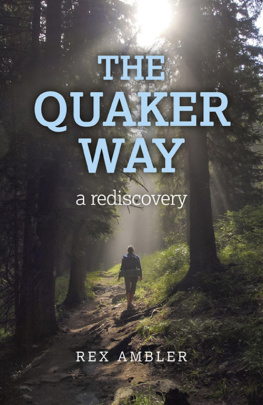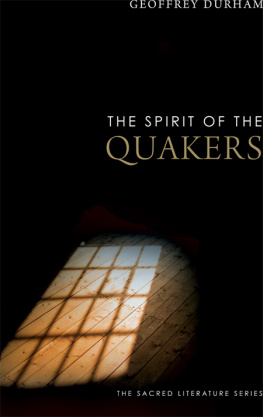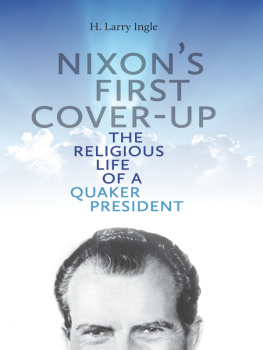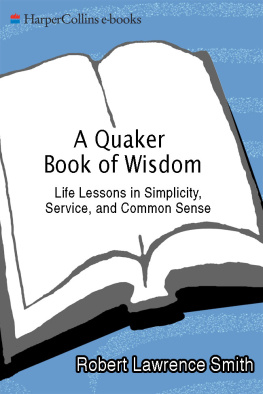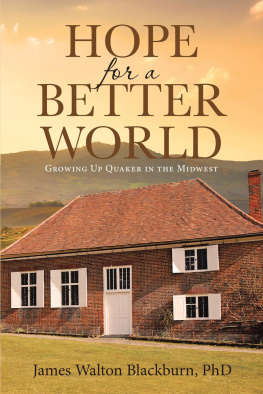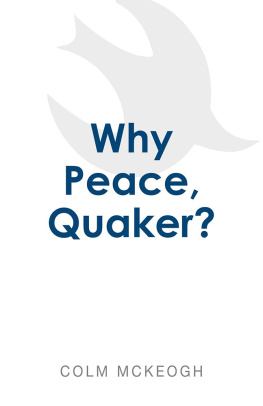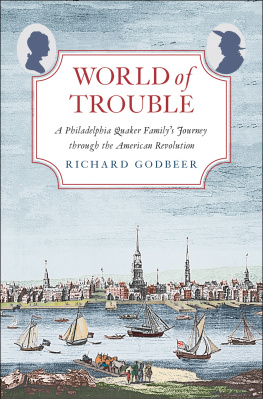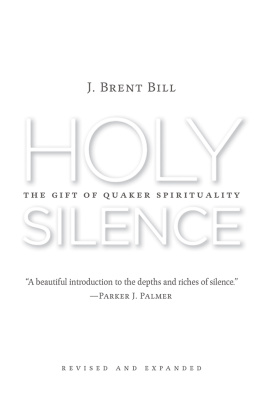First published by Christian Alternative Books, 2013
Christian Alternative Books is an imprint of John Hunt Publishing Ltd.,
Laurel House, Station Approach,
Alresford, Hants, SO24 9JH, UK
www.johnhuntpublishing.com
www.christian-alternative.com
For distributor details and how to order please visit the Ordering section on our website.
Text copyright: Rex Ambler 2012
ISBN: 978 1 78099 657 8
All rights reserved. Except for brief quotations in critical articles or reviews, no part of this book may be reproduced in any manner without prior written permission from the publishers.
The rights of Rex Ambler as author have been asserted in accordance with the Copyright,
Designs and Patents Act 1988.
A CIP catalogue record for this book is available from the British Library.
Design: Stuart Davies
Printed and bound by CPI Group (UK) Ltd, Croydon, CR0 4YY
We operate a distinctive and ethical publishing philosophy in all areas of our business, from our global network of authors to production and worldwide distribution.
Other books by Rex Ambler
Truth of the Heart: an anthology of George Fox
Light to Live by: an exploration in Quaker spirituality
The End of Words: issues in contemporary Quaker theology
Global Theology: the meaning of faith in the present world crisis Agenda for Prophets: towards a political theology for Britain (edited with David Haslam)
Preface
This book started out as a series of talks, intended to communicate as directly as I could what it means to be Quaker and to follow the Quaker way, especially to people who are not Quaker. Some traces of that informality may still be evident. Also, the series was designed to give a picture of Quakerism as a whole, with a logical sequence from one talk to the next, but when I gave a talk I could not be sure that everyone there had heard the previous one. So every talk had to make sense by itself. This is still partly true. It is possible to read any chapter without having read the ones before. This might be helpful if there are one or two subjects you particularly want to study, but it means that others of you who read the whole thing will have to be patient as I repeat some basic themes of the book.
The talks were given on a number of occasions, in different places, usually at lunchtime during the course of a week. They were public talks, widely advertised, and they were followed by lively discussion over soup and bread. They took some organizing. So I want to thank those people who made them possible: Keith Triplett first of all, for coming up with the idea of the talks, Mo Kelly who arranged for them to take place in Lancaster, England, Anthony Buxton similarly in Edinburgh, Scotland, and Fran Woolgrove in my local town of Kendal. I want to thank those friends too who read through the text as I rewrote it for the book and suggested improvements: Elizabeth Jones, Mel Keiser, and my wife Catherine King Ambler. Jane Holmes, with her unusual computer skills and generosity with time, made the text presentable for the printers.
Abbreviations
EQW
Early Quaker Writings: 1650-1700, ed. Hugh Barbour and Arthur O. Roberts, Eerdmans Pub Co, Grand Rapids, Michigan, 1973 (2nd edition, Pendle Hill Pub, Pennsylvania, 2004).
QFP
Quaker Faith and Practice: the book of Christian discipline of theYearly Meeting of the Religious Society of Friends (Quakers) inBritain, 4th edition, 1995/2008.
REB
The Revised English Bible, Oxford University Press, 1992.
TOTH
Truth of the Heart: an anthology of George Fox 1624-1691, edited and annotated by Rex Ambler, with a translation into modern English, Quaker Books, 2nd edition 2007.
Introduction
I would like in this book to explain the Quaker way, as far as that is possible. It will not be easy. The Quaker way, after all, is based on a practice of silence, the deliberate letting go of words and ideas. It is an attempt to get beyond all the things we say and write about our life to a direct experience of it. Yet, as we shall see, there is some point in trying to explain why we do this. If we cannot provide a rational case for the Quaker way, we can at least point to those human experiences that help to make sense of it and persuade of its rightness. And we Quakers are confident that everyone has some awareness, some inkling, of the experience we take most seriously, the experience that takes us beyond all words to an encounter with life in the silence. But how to evoke that awareness? Part of the answer is to encourage people to try the practice for themselves, to attend a Quaker meeting for example, and see what the experience yields. But another part of the answer is to attempt to describe the experience, and to try to explain why it is important, how it can be gained, and what difference it makes to our lives and to our engagement with the world. I can only hope that, in offering such an account, I will find echoes in your own experience, that my testimony, as we Quakers like to say, will answer that of God in everyone.
I will not assume that you know about the Quaker way already, only that you are interested, and interested enough to want to go deep, to get as far as possible to the core of the matter. In that respect I hope that what I say will be of interest to you even if you are a Quaker. I hope indeed that it will help you or challenge you to think deeply or differently about the Quaker way and to become more conscious of what it is were committed to and why.
These two aims may seem to be at odds, but my sense is that many people today are interested in Quakerism because of the profound possibilities it offers to people who are looking for something different, perhaps something more real or relevant. They might be a lot more interested if they could understand what those possibilities are. There are also many Quakers who have still not found that depth themselves, though they came to Quakers looking for just that. (This was for many years true of me, and it is because it was a struggle for me to find the depth I was looking for that I feel motivated to communicate my understanding to others.) And others, who have found what they were looking for, may be lost for words when asked to explain what that is. So I am confident that a probing inquiry into what the Quaker way is might be of interest to many different kinds of people.
Making sense of the Quaker way
My probing for this book began five years ago when I was asked by my own Quaker Meeting to give a series of talks on The Quaker Way of Doing Things. Their concern was that many people had started to attend the meeting who were very puzzled by the way we did things. We sat in silence for a whole hour, for example, and no one led the meeting or explained what was happening (or not happening!). There were also members who were still puzzled after many years about why we adopted such a slow and cumbersome process in coming to decisions together. They could only see the traditional language about being led and waiting in the light as at best vacuous phrases for thinking about a difficult matter, or at worst a refusal to think seriously at all. So I was challenged to offer some rationale for these and other strange practices of Friends. In thinking about them, however, I came to realize that an historical or descriptive explanation would not really answer the questions being put. If I explained what was set down in the official Book of Discipline,

